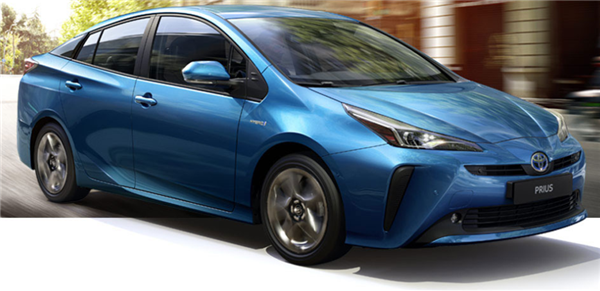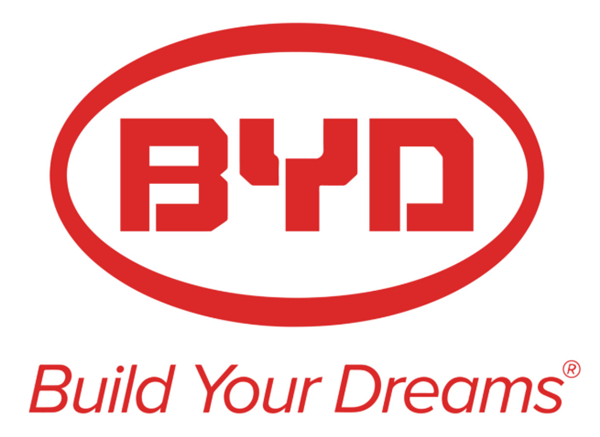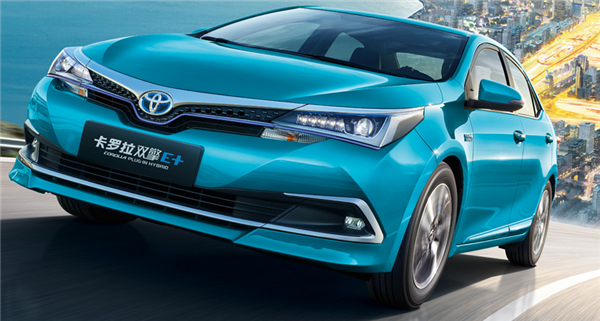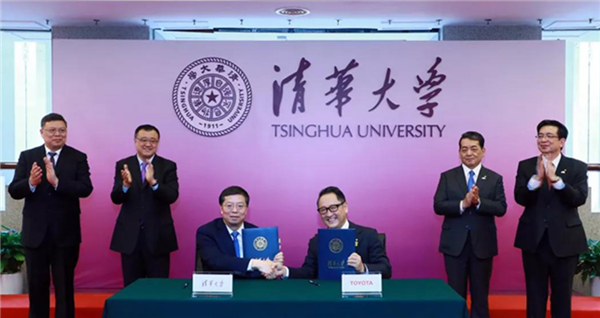All you need to know about Toyota’s electrification layout in China
Shanghai (ZXZC)- Since Toyota became the first company in the world to launch mass-produced hybrid electrified vehicles (HEVs) in 1997, the Japanese auto giant has been honored a global pioneer of electrified vehicle development, and accumulated abundant technologies and experience in the development, production, and sales of electrified vehicles.

(Photo source: Toyota)
As of the end of February 2019, Toyota has sold nearly 13 million electrified vehicles worldwide since the initial launch of Prius HEV in 1997. The volume of vehicles represents a reduction in global CO2 emissions of more than 103 million tons.
Beginning with the global debut of the electrified C-HR and IZOA vehicle models at Auto China 2019, Toyota plans to roll out more than ten BEV models globally during the first half of the 2020s, and sets a sales target of over 5.5 million electrified vehicles worldwide by 2030.
In China, the world's largest auto market where electrification is growing vigorously, Toyota is ambitious to further speed up its China-based vehicle electrification efforts and continue enriching electrified-vehicle lineup. It plans to introduce 10 new electrified vehicles in this country by the end of 2020.
ZXZC hereby rounds up Toyota's electrification layout in China in terms of BEV, HEV/PHEV, FCEV (fuel cell electric vehicle), battery supply and localization of production and R&D.
BEV

(Photo source: BYD)
On July 19, Toyota and Chinese automaker BYD announced that they had signed an agreement for the joint development of BEVs. The two parties would co-develop sedans and low-floor SUVs as well as the onboard batteries for these vehicles and others with the aim to launch them in the Chinese market under the Toyota brand in the first half of the 2020s.
In 2008, BYD became the first company in the world to sell mass-produced PHEVs. The carmaker's sales of BEVs and PHEVs have been ranked first in the world for four consecutive years since 2015, said Toyota.
Both sides sought to reduce CO2 emissions and curb global warming by promoting the widespread use of BEVs.
In the future, BYD and Toyota would make use of the electrified vehicles, and battery development technologies they have acquired through their market introductions to jointly develop and popularize BEVs.
On the opening day of Auto Shanghai 2019, Toyota premiered its C-HR and IZOA BEVs, which will be the first all-electric models to hit China’s market under the Toyota brand. Sales on the new models are slated to kick off in 2020.
At the same time, the Japan-based automaker also showcased the RHOMBUS, a BEV concept car developed by Toyota Motor Engineering & Manufacturing (China) Co., Ltd. (TMEC), Toyota's R&D base on China. The concept is designed to suit the values and lifestyles of drivers born after 1990.
The company claimed in April, 2018, it planned to introduce to the Chinese market a BEV model based on its "C-HR" / "IZOA" compact SUV in 2020.
HEV/PHEV

(Photo source: FAW-Toyota)
At the Beijing Motor Show 2018, PHEV versions of the Corolla and Levin were unveiled on the opening day. Toyota said it was going to bring them to Chinese market in 2019. Both two PHEV models, (namely, the Corolla Plug-in Hybrid and the Levin Plug-in Hybrid) have hit the market in this year's March.
The auto group also debuted at the Auto Shanghai 2019 the HEV variants for the RAV4 and the Alphard/Vellfire in China.
FCEV

(Photo source: Toyota)
Regarding FCEVs, Toyota is exploring potential applications for its fuel cell technology in China. Toyota Executive Vice President Moritaka Yoshida stated in April 2019, "Since 2017, Toyota has been conducting demonstration tests with the Mirai in China. We are considering the local introduction of other fuel cell vehicles such as the FC Coaster."
In the same month, Toyota said it had started supplying fuel-cell battery technologies and parts to Chinese commercial vehicle makers Foton Motor and Beijing SinoHytec Co Ltd.
In 2017, it began a three-year verification-test program in China that uses Toyota's "Mirai" FCEV, and it had expanded the scope of feasibility studies to include commercial vehicles such as buses.
Battery supply

(Photo source: CATL)
Apart from the onboard battery cooperation formed with BYD, Toyota on July 17, 2019 announced that it had entered into a comprehensive partnership agreement with Chinese power battery supplier CATL for the stable supply and further development of NEV batteries.
The two companies have also commenced discussions that cover a wide range of fields, including supply of batteries, new technology development, product quality improvements, and the reuse and recycling of batteries.
Moreover, both parties agreed that a stable supply of batteries is critical and that battery technologies must be further improved. Driven by the consensus, CATL and Toyota intended to establish joint systems and engage in specific initiatives together.
Under the collaboration, CATL would combine its battery development and supply capabilities with Toyota's electrified vehicle and battery development technologies.
Localization of R&D and production
To accelerate its vehicle electrification in China, Toyota is also strengthening its local R&D and production bases.
Toyota has been working with its Chinese partners and members of the Toyota Group to build a local production base for key components. Endeavors included the launch in 2015 of production of transaxles for HEVs at Toyota Motor (Changshu) Auto Parts Co., Ltd.
After that, Toyota intended to respond to further expected growth in demand for electrified vehicles through such measures as increasing the annual production capacity for nickel-metal hydride battery modules at Sinogy Toyota Automotive Energy System Co., Ltd. and Corun PEVE Automotive Battery Co., Ltd. to 220,000 units in 2020, the company said in April, 2018.
What's more, Toyota plans to open a new battery testing facility at TMEC for evaluating battery packs for electrified vehicles. With its sights set on introducing BEVs in 2020, it is steadily enhancing its local production structures.

(Photo source: Tsinghua University)
The automaker also promotes the R&D localization by teaming up with the research power of China's top-level university. On April 21, 2019, Toyota and Tsinghua University agreed to establish a joint research institute through which the two planned to conduct various research together over the next five years.
The establishment of the institute would enable them to cooperate in research not only related to cars for Chinese consumers, but also in research related to active utilization of hydrogen energy that can help solve China's energy problems and other certain social issues.

